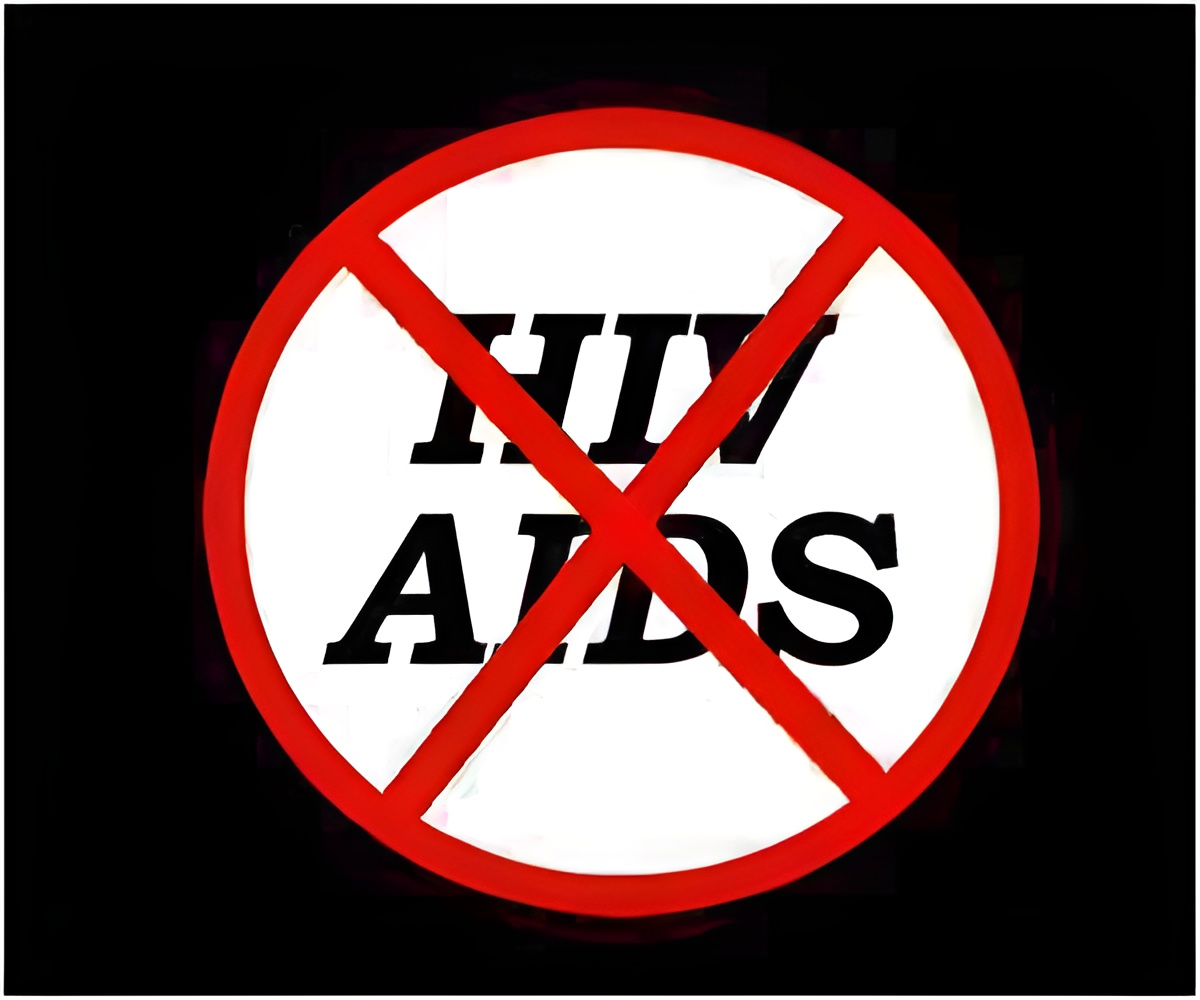
The study authors said, "We show that secondary schooling has a large protective effect against risk of HIV infection in Botswana. The effects were particularly large among women, for whom the risk was 12% points lower for every additional year of education."
Study co-author Jan-Walter de Neve of the Harvard TH Chan School of Public Health in Boston, hypothesized that better knowledge about preventing HIV infection may be one effect of longer schooling. He said, "Additionally, education may expand economic opportunities and reduce women’s participation in higher-risk transactional sexual relationships."
The authors said, "Secondary schooling appeared to be a cost-effective intervention for HIV-endemic countries with a high return on investment in the form of healthier and longer-living, economically active adults."
The study is published in The Lancet.
Source-AFP














